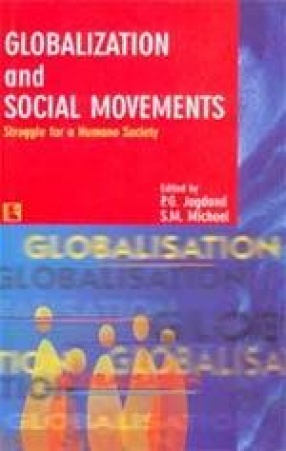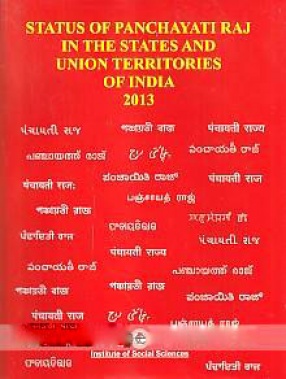Globalization has not only affected all aspects of human life but also influenced the social institutions to a great extend. It operates in an uneven and unequal manner. The neo-liberal economy, i.e., liberalization, privatization and globalization, has further compounded the unevenness and inequality in society. The small minority of world’s population holds maximum resources and majority of people are grappled in poverty. The state, as an institution, guarantees social welfare and social justice to the marginalized groups but globalization has not only threatened it but also made it weak. It has now retreated back from its welfare role. In the contemporary context social justice agenda is taken over by non-state organizations that is critical. The older theories of social justice, which are either inadequate or inapplicable, today cannot cover the new developments that have taken place in the era of globalization and therefore they have to be reviewed, specifically in Indian context. Dr. Ambedkar was the champion of social justice in India. He not only strived for social liberation of Dalits but also built a just society by embedding principles of liberty, inequality and fraternity in the Preamble of the Constitution of India. His perspective for social justice is relevant in this context. Against this backdrop, the book brings out theories and various perspectives on social justice specific to Indian context, issues and challenges for social justice conceptualization in the era of globalization, understanding the praxis of social justice in India and examines the role of religion in social justice.
Globalization and Social Justice: Perspectives, Challenges and Praxis
In stock
Free & Quick Delivery Worldwide
Bibliographic information
Title
Globalization and Social Justice: Perspectives, Challenges and Praxis
Author
Edition
1st ed.
Publisher
Rawat Publications, 2008
ISBN
8131602125
Length
xviii+318p.
Subjects








There are no reviews yet.